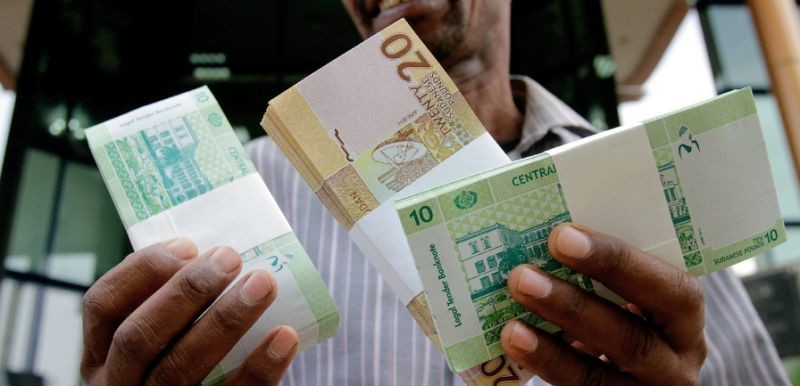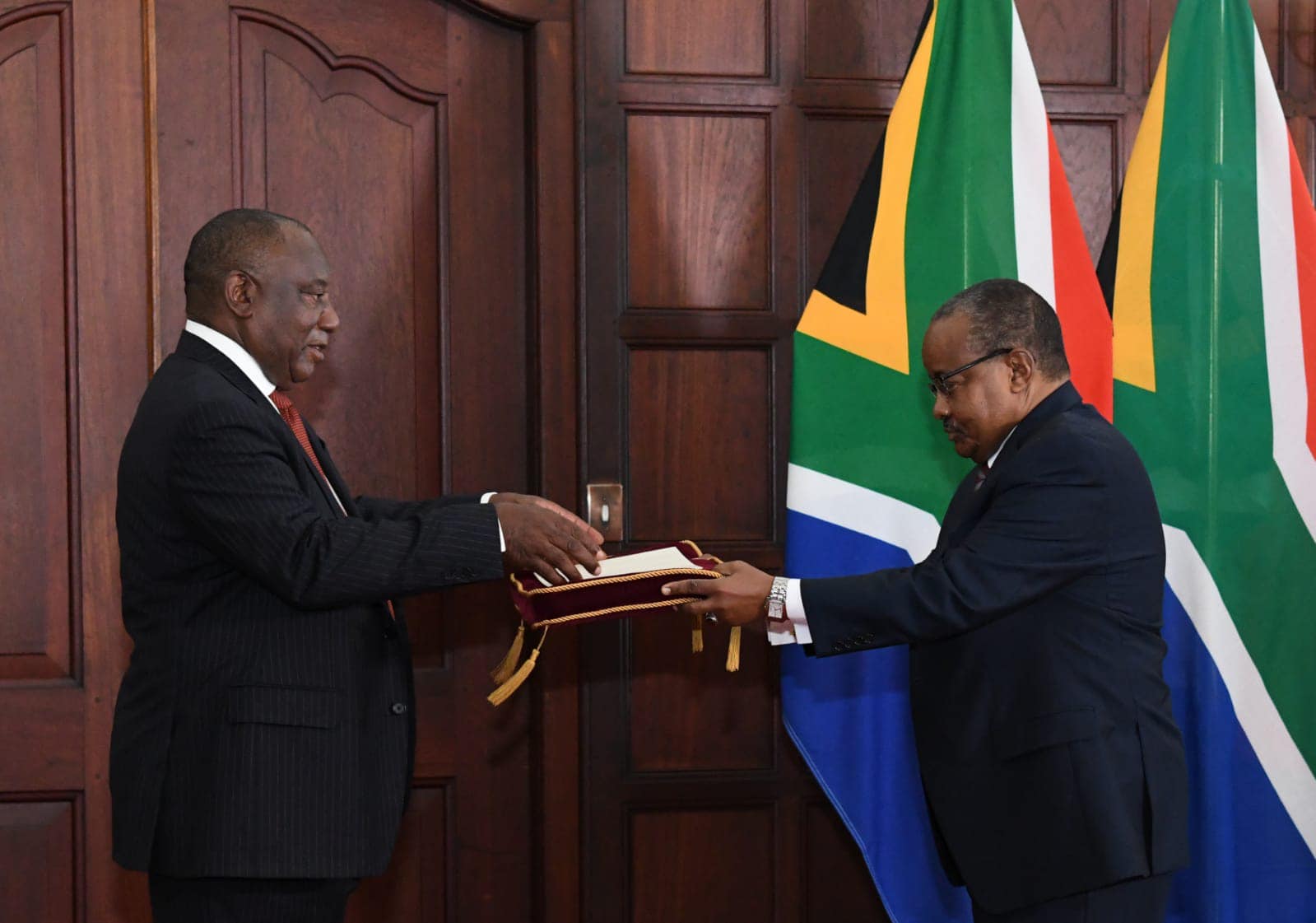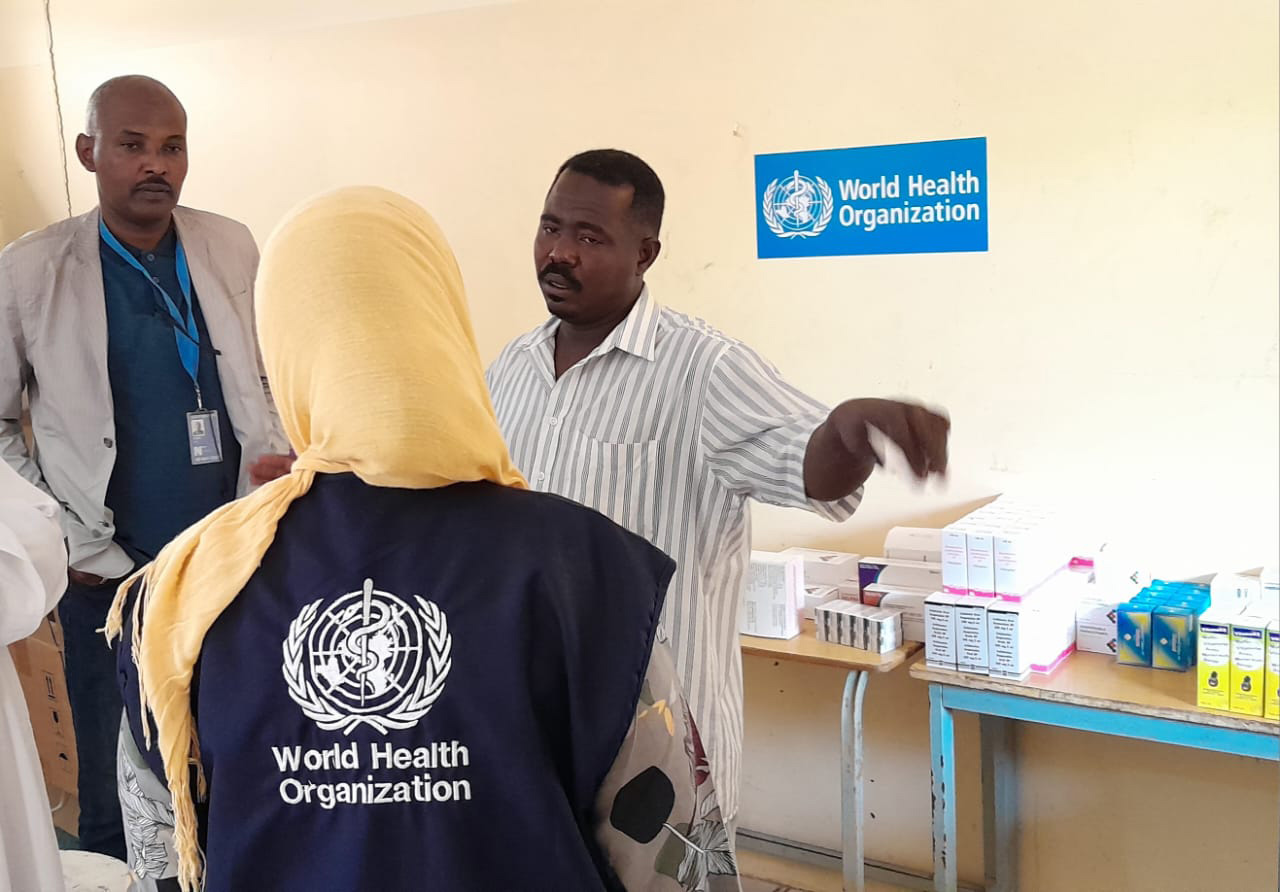The Sudanese pound continues to plummet, with parallel market rates reaching as high as 3,600 pounds per U.S. dollar, driven largely by speculation. Economists and financial analysts speaking to Sudanhorizon say temporary measures alone cannot stabilize the currency — long-term structural reforms are essential.
Dr. Othman Al-Toum, former General Manager of the Sudanese French Bank, emphasized that reducing demand for the U.S. dollar is central to stabilizing the pound, but this requires coordinated efforts across government institutions. He highlighted the need for increased state revenues, strict control of public spending, and reduced reliance on central bank borrowing to limit currency printing.
Al-Toum also called for investment in productive sectors, rationalized imports, expanded electronic payment systems, and an investment-friendly environment to attract foreign capital. These steps, he said, would strengthen the currency, improve transparency, and reduce the fiscal deficit.
Dr. Saleh Jibril, former Director of the Family Bank, stressed that stable exchange rates depend on sufficient foreign reserves from exports of agricultural, livestock, and mineral products. He advocated curbing luxury imports, promoting value-added manufacturing, and restructuring the banking sector to improve efficiency.
Economist Dr. Haitham Mohamed Fathi added that remittances from Sudanese abroad have been vital in sustaining foreign currency availability. He warned that ongoing currency depreciation is eroding real incomes, worsening poverty, and weakening banks’ financial positions. Dr. Fathi urged accumulation of foreign reserves or gold and economic restructuring to achieve lasting stability.




